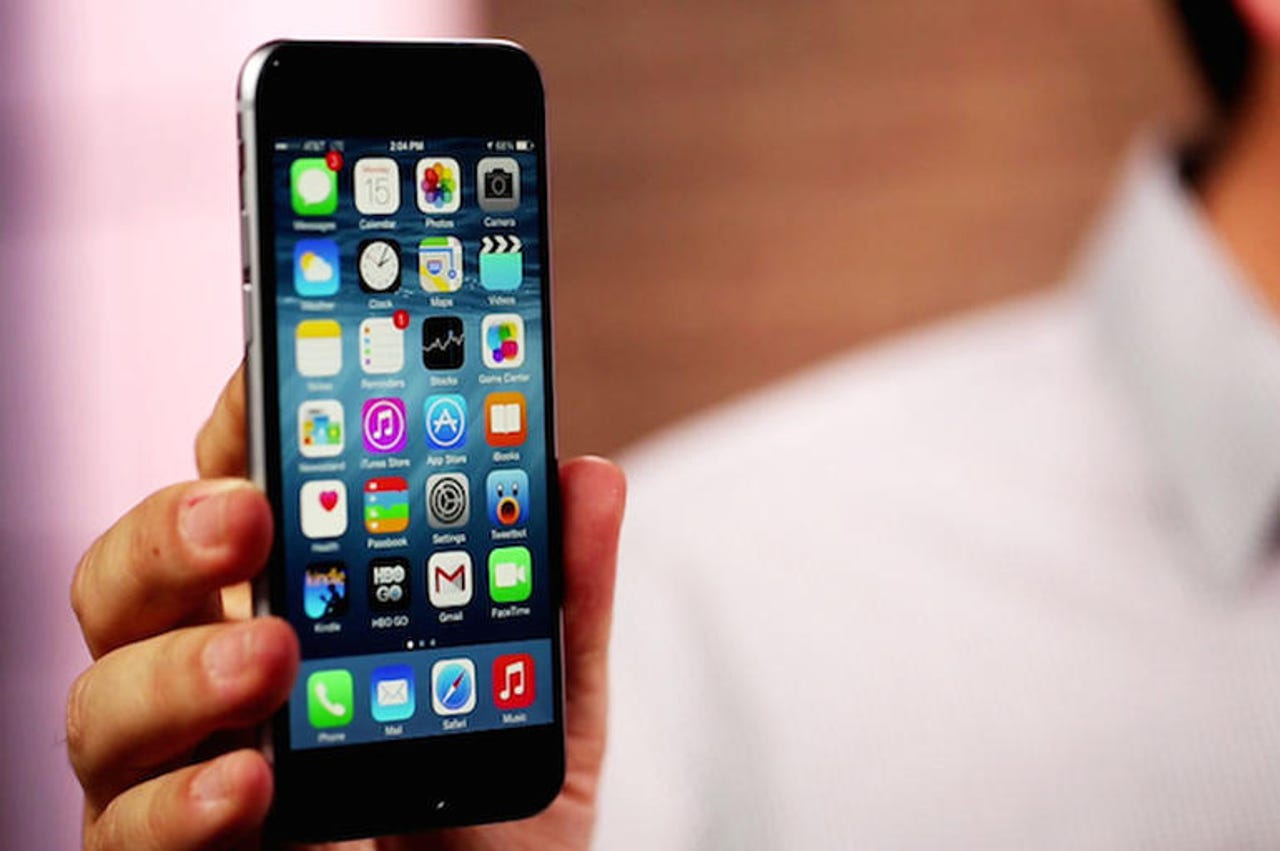Reported Apple MVNO service: Breaking iPhones free from carriers

It's the rumor that just won't die: Apple is reportedly looking at getting into the MVNO network services market. Then again, when Apple was rumored to be building a smartphone, few thought that was likely and look what happened.
Sources told Business Insider on Monday that Apple is testing such a move to lease mobile broadband airwaves from carriers in the U.S. and Europe in order to resell the service.

It's a common practice for smaller telecom providers who don't have the capital to bid on wireless spectrum or build supporting infrastructure. See Cricket, Boost and Virgin Mobile as three of many examples; they all use existing airwaves from the top carriers in the U.S. but brand them as their own.
I noted back in 2009 that it might make sense for Apple to enter this market but obviously that hasn't happened yet. However, there are two recent developments that make the possibility a little more feasible.
One is the Apple SIM card the company began selling with iPads last year. Using the included SIM card, you could choose to have the tablet work on different carriers. The same technology would likely be used if Apple chose to offer its own branded mobile broadband because I don't the company would rely on a single network provider at this point.
Second is Google's Project Fi, which is similar to how I envision an Apple MVNO service to work.
Using a combination of hardware and software, Project Fi works on the networks of both T-Mobile and Sprint, even though it has a single SIM card. Service changes seamlessly depending on which network has better service in a given location. And it offers a third network: Calls can start on Wi-Fi networks and then be handed off to cellular as needed.
What would Apple gain with any such MVNO? More control and more revenue.
Apple is already the only company whose entire line of phones bypass carriers when it comes to software updates. It wants to control as much of the end-user experience -- if not all of it -- as possible, ranging from hardware to software. Adding more control on the network side would further its effort.
Of course, Apple has to pay carriers to lease network airwaves, so any MVNO effort wouldn't be one of pure profit. However, the company has demonstrated time and again that has more clout than most when it comes to negotiation. I'd expect Apple's network costs to be less than that of traditional MVNOs so it could reap a reasonable profit margin on selling the service.
Featured
In turn, Apple would rely less on carriers even less for handset sales as well.
Customers could walk into an Apple Store to buy both a phone and service from the company, with Apple controlling the entire transaction while also generating additional subscription revenues. And if Apple service worked similar to Project Fi with support for multiple networks, it offers consumers a better connected experience.
It's not a matter of if Apple launches cellular service, in my mind: It's a matter of when. And when it does, Apple will have found a way to get even more milk from its iPhone cash cow.
Update at 9:13am PT, August 4: Apple provided a statement to Reuters saying "We have not discussed nor do we have any plans to launch an MVNO."